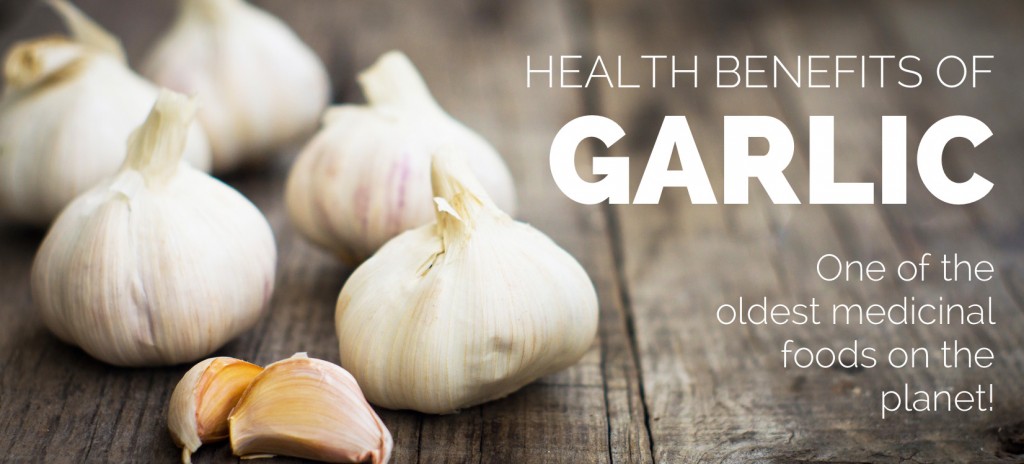5 Essential Nutrients For A Healthy Heart

5 Essential Nutrients For A Healthy Heart
Despite the vital role our heart plays in the human body, it’s often neglected by the public, as illustrated by the rising trend of cardiovascular diseases in our country. According to the Health Ministry, 1 in 4 deaths was linked to heart related complications.
It is of utmost importance to take care of our heart health, as the damage done to it is irreversible. This can be achieved if we choose to tackle the problem head on, and the best way to do so is to include the following nutrients into our diet.
Procyanidins
Procyanidin is long considered to be the elixir for those who’re looking to extend their lifespan. It is crucial in maintaining a stable nitric oxide (NO) levels, as low NO levels will hasten the narrowing of blood vessels, which might lead to reduced blood flow and circulation. In addition to that, it can also relieve high blood pressure as a result of low NO levels.
Although you can find procyanidins in dietary sources such as cocoa, grape seed extract, red wine, and pine bark extract, not all of them are created equally. For instance, pycnogenol found in pine bark extract and red wine provide more benefits than the ones found in grape seed extract and cocoa, even though all of them are made up of similar compounds.
There’s no fixed amount of procyanidin dosage, as it all depends on the form of supplementation. Since Pycnogenol is a much potent source of procyanidin, all you need is just 100 – 200 mg a day, where else for cocoa polyphenols, you’ll need to take up to 1,000 mg to start seeing results.
Garlic
While garlic is best known for strengthening the immune system, this superfood also provides a myriad of cardiovascular benefits, such as improving blood flow, protecting arteries from being clogged up, and preventing stiffening of the blood vessels.
The dietary sulfur content helps in enhancing hydrogen sulfide signaling, which leads to better blood circulation. Moreover, it also aids in nitric oxide (NO) signaling, further bolstering the effect of procyanidins.
Keep in mind that boiling or heating it before they are cut will diminish the health effect, as crushing the garlic before they were heated will activate its bioactive compounds. To get started, include 3 cloves of garlic a day into your meal plan.
Nitrate
Commonly found in dark leafy vegetables, nitrates will be broken down into nitrites after they’re ingested. It will be circulating within the body until they’re called upon, which they will be turned into nitric oxide (NO). An increased level of NO has been associated with better exercise performance, blood flow, and normal blood pressure.
This is one of the reasons why we should always include a serving of green vegetables into our meals. Apart from preventing the likelihood of hypertension and other cardiovascular diseases, it can also help in preventing cognitive decline, since the blood flow to the brain remains clear as one gets older.
Consume 6.4 – 12 .8 mg per kilogram of bodyweight plus 500g of spinach or fresh lettuce to reap the most benefits out of it.

L-Carnitine
L-Carnitine is one of the amino acids that helps in preventing cardiovascular issues. Those with heart issues can supplement it to reduce the risk of future complications, while those who have suffered from heart attack previously can take it to improve overall health and reduce the risk of pain in the chest or limbs. It also lower the chance of you having irregular heartbeats.
There are several variations of L-carnitine, which includes L-carnitine L-tartrate (LCLT) and glycine propionyl L-carnitine (GPLC), but studies have shown that the basic form of L-carnitine is sufficient to produce similar health benefits to your heart. To supplement L-carnitine, consume 5 – 9 g of it with a meal.
Vitamin K
By including Vitamin K in your diet, you will have the chance to boost your osteocalcin levels, which is a protein that get rids of the calcium found in your arteries. As your arteries get loosen up, the chances of your suffering from cardiovascular complication is dramatically lowered.
While you can get your source of Vitamin K from kale, keep in mind that huge amount of kale can elevate your goitrogen content, which will disrupt your normal thyroid functioning as time goes by. To prevent it from affecting your thyroid function, heat the vegetable and add iodine to supress the effects of goitrogens.

